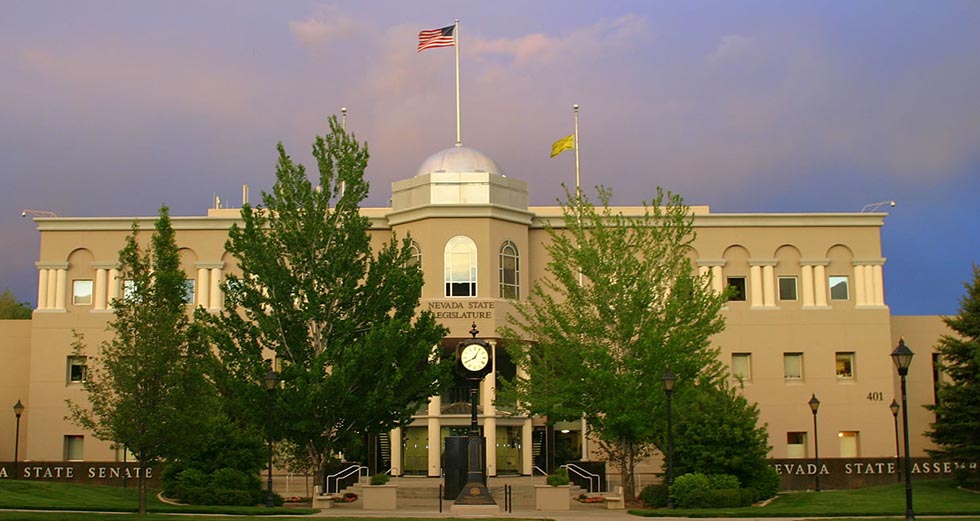
Forfeiture reform presents rare chance for legislative cooperation
This article was originally published by the Reno Gazette-Journal
Politics are turbulent in Nevada these days. But engulfed in an otherwise raging sea of political cynicism, there now lies a unique opportunity during Nevada’s 80th legislative session for lawmakers to achieve a meaningful and long-overdue bipartisan success: civil-asset forfeiture reform.
Indeed, there is reason to believe 2019 may be Nevada’s best chance yet to end the systemic abuses of the law-enforcement practice which financially incentivizes police to seize — and profit from — personal property on the flimsiest of grounds, all while denying the property’s owner of the right to due process for its return.
For those unfamiliar with its ubiquitous abuses, “civil asset forfeiture” refers to when police seize an individual’s personal property based on the mere suspicion of criminal wrongdoing. Oftentimes, property can be seized (and ultimately forfeited) even if its owner is neither arrested nor convicted of any crime.
To top it off, law enforcement is entitled to a generous portion of the proceeds generated by forfeited property, literally creating an incentive to “police for profit.”
Most forfeitures are for tiny amounts, making it cost-prohibitive for victims to pay the legal fees necessary (if they can even afford them) to challenge the unlawful taking of their property.
In 2017, the Senate Judiciary Committee heard Senate Bill 358, which would have minimized the lawlessness of forfeiture as commonly practiced. Critically, the bill would have required a criminal conviction to precede any forfeiture action. It also would have eliminated the profit motive by sending most of the proceeds to the state education fund, rather than law enforcement.
But despite its widespread and bipartisan support, SB358 never advanced out of committee.
The 2019 Legislature should now revisit forfeiture reform, especially because this issue should unite Nevada’s entire political spectrum.
From a right-leaning perspective, civil forfeiture presents major constitutional issues. Due process is upended by requiring victims to prove their innocence in order to get their property back. An individual’s personal property should never be taken and sold off unless a crime has been charged and proven.
From a left-leaning perspective, advocates for social justice should take umbrage with the fact that civil forfeiture disproportionately targets people of color and poverty, as documented by an NPRI study in 2017.
These facts illustrate that civil asset forfeiture is one of the greatest — albeit perhaps least acknowledged — civil rights issues of our time.
The U.S. Commission on Civil Rights agrees, noting in particular the necessity of public trust in law enforcement and its motives. Citing NPRI’s original research, the commission recently wrote:
“As in other states, law enforcement keeps a portion of this money [in Nevada], which creates an inherent conflict of interest. Public trust in the police is dangerously undermined when police are perceived to be acting primarily in their own financial interests, rather than in the interests of public safety.”
Reforming the laws which govern forfeiture can and should be a bipartisan affair, a seizing (pun intended) of the low-hanging legislative fruit. Here’s to hoping that Nevada’s 2019 Legislature recognizes a good opportunity for mutual success when it sees one.
Daniel Honchariw, MPA is senior policy analyst for Nevada Policy, and currently serves as its registered lobbyist for the 2019 Legislature.